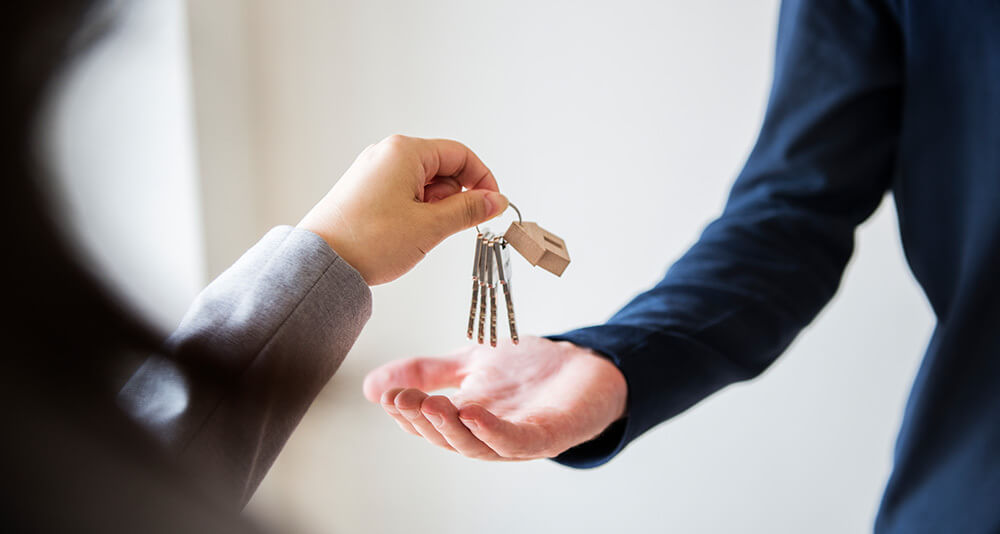What is a Probate Sale?

When a person dies, they may have a home that must be disposed of. The decedent might include it in a will and decide what happens to that property. In other cases, the deceased person doesn’t have a will to direct the disposal of property. Sometimes, a probate sale is necessary. It’s important for the heirs to understand the process, why it’s necessary, how it works and whether to buy through a probate sale.
What is a Probate Sale?
With a probate sale, the owner of the property died and didn’t leave a will that left the home to anyone. To complete the probate process, the personal representative or estate attorney will need to sell the property. The proceeds from the sale will be distributed to the heirs after all debts and taxes are paid.
A probate sale can be a lengthy process because the court supervises the sale and approves the transaction. It’s often a complicated task, which is why many personal representatives hire an estate attorney to handle the process.
How a Probate Sale Works
One of the first steps in organizing a probate sale is to hire a real estate agent to post the listing, show and sell the house. It’s a good idea to hire someone with experience in probate sales because they will be better prepared to know what to expect in the process.
Once a buyer makes an offer on the property, the estate’s representative must decide to accept the offer. The court must then approve the sale, which can take 30 days or even longer before the buyer finds out if they can move forward with the transaction.
Should You Buy a Probate Sale?

A probate sale isn’t right for everyone. To determine if a person should consider this option, they must decide what is most important to them – getting a house quickly or getting a good deal. Many probate homes sell for below market value, but the process can take much longer than a traditional purchase.
Another issue in deciding whether to pursue a property in a probate sale is the cost of
repairs/renovations. If you can do the work yourself or have the money to hire professionals, a probate sale may be a good place to find a house. People who flip houses for a living often go this route to find cheaper properties, fix them up and resell them at a profit.
On the other hand, if you have limited time and money for repairs and renovations, a probate property may not be the best option. If the thought of the unknown concerns you, a house in a probate sale is not a good idea. Often, the buyer knows little about the house when purchasing through a probate sale. Even with an inspection, you may end up with unseen issues that cost hundreds or even thousands of dollars to repair. In the end, you must decide if the benefits outweigh the disadvantages of buying through a probate sale.
Why is a Home Sold Through a Probate Court?
A home is sold through probate when it is owned by someone who is deceased. They didn’t leave a will to dictate who should have the property or it was meant to be sold and the proceeds divided between the heirs.
A personal representative or executor may also need to sell a house to pay for outstanding debts. If the decedent didn’t have enough liquid assets to pay off creditors and taxes, other assets would need to be sold to cover those expenses. Most debts don’t end when a person dies. Instead, they follow the estate.
A house must be sold through probate court because the court is in charge of the estate until it’s closed. The court must approve of the sale before the transaction can be completed and the buyer take possession. The personal representative is designated to take care of the tasks associated with dispersing the estate, but they have no power or ownership of the assets. The court is responsible for making sure the terms of the will are followed or that the estate is handled according to the laws of the state.
Features of a Probate Sale
There are several features unique to probate sales compared to other property sales. One feature is the fact that most properties are sold as-is. The heirs and personal representative don’t want to pay for updates or renovations, or the estate may not have funds to afford those costs. However, buyers may still want to get a home inspection just to be sure there aren’t any surprises they can’t handle. Even with an inspection, they may end up with a home that has hidden issues which turns into major expenses.
Probate sales also require the buyer to come up with a deposit when they put in an offer. The deposit is in addition to the down payment they are making. However, the deposit can be put into the down payment if the transaction is completed. The deposit will be ten percent of the sale price of the property.
Some states allow the property to remain listed and other buyers to make offers. If the original buyer is outbid, they should get their deposit back, but they will lose out on the house unless they make a higher bid.
The timeline is another unique feature of a probate sale. Closing can take months because it can’t happen until the court has approved the sale.
A probate sale is a viable way to get rid of property owned by the deceased person and to add the proceeds to the estate for distribution. It is a complicated process that can take longer than a regular sale. It’s important to understand how this process works if you are on either the selling or buying side of the transaction. It’s also a good idea to work with an estate attorney who can handle this complex task to make sure it is done correctly and in as short of a timeframe as possible.
